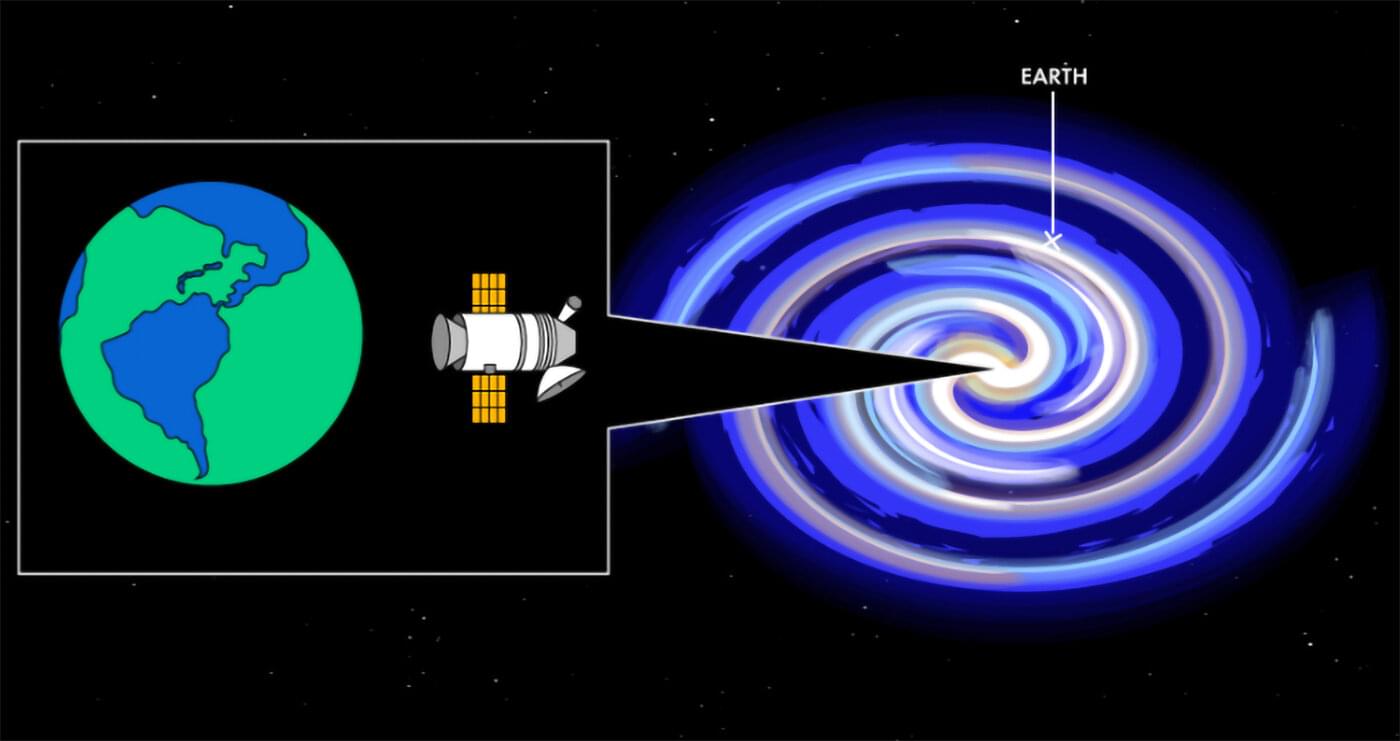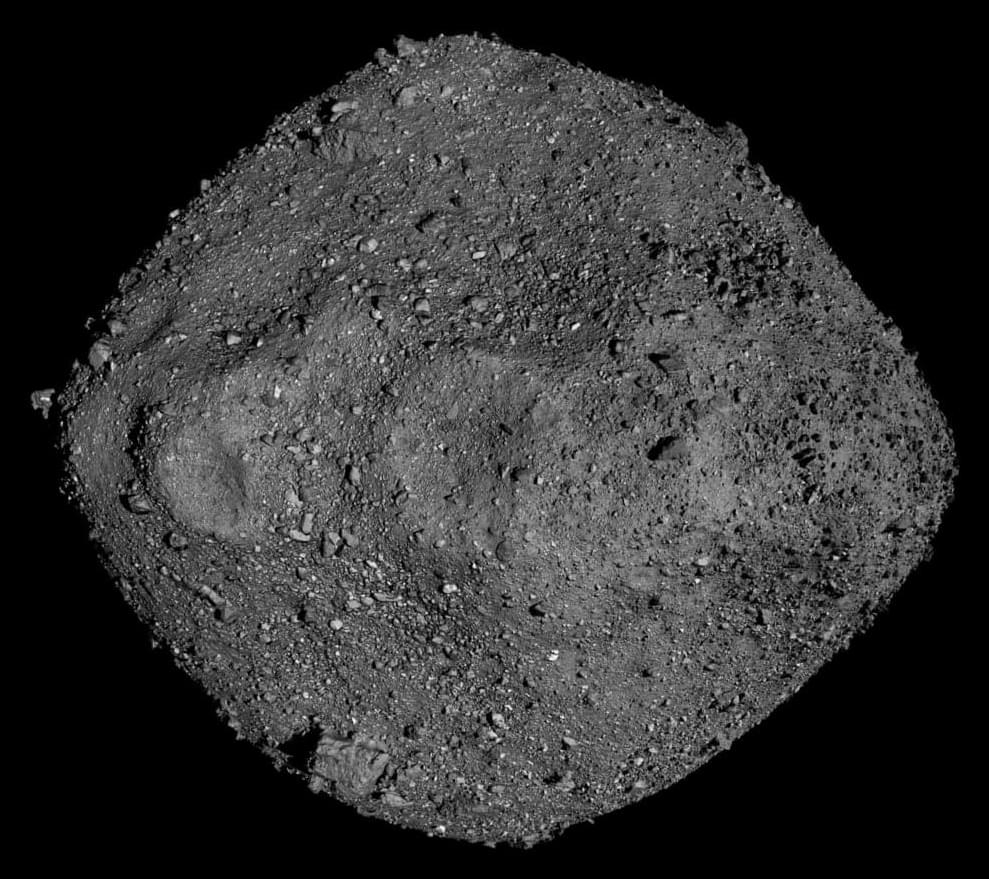Go to https://brilliant.org/nutshell/ to dive deeper into these topics and more with a free 30-day trial + 20% off the premium subscription!
This video was sponsored by Brilliant. Thanks a lot for the support!
Glow up your space with posters that don’t just shine – they spark curiosity ✨
Get your own beautifully crafted space poster (and directly support kurzgesagt in the process!): https://shop.kgs.link/space.
Sources & further reading:
https://sites.google.com/view/sources… assume aliens look human. But why would they? Let’s explore what life might actually look like in strange, distant worlds. OUR CHANNELS ▀▀▀▀▀▀▀▀▀▀▀▀▀▀▀▀▀▀▀▀▀▀▀▀▀▀ German: https://kgs.link/youtubeDE Spanish: https://kgs.link/youtubeES French: https://kgs.link/youtubeFR Portuguese: https://kgs.link/youtubePT Arabic: https://kgs.link/youtubeAR Hindi: https://kgs.link/youtubeHI Japanese: https://kgs.link/youtubeJA Korean: https://kgs.link/youtubeKO HOW CAN YOU SUPPORT US? ▀▀▀▀▀▀▀▀▀▀▀▀▀▀▀▀▀▀▀▀▀▀▀▀▀▀ This is how we make our living and it would be a pleasure if you support us! Get Products designed with ❤️ https://shop.kgs.link Join the Patreon Bird Army 🐧 https://kgs.link/patreon DISCUSSIONS & SOCIAL MEDIA ▀▀▀▀▀▀▀▀▀▀▀▀▀▀▀▀▀▀▀▀▀▀▀▀▀▀ TikTok: https://kgs.link/tiktok Reddit: https://kgs.link/reddit Instagram: https://kgs.link/instagram Twitter: https://kgs.link/twitter Facebook: https://kgs.link/facebook Discord: https://kgs.link/discord Newsletter: https://kgs.link/newsletter OUR VOICE ▀▀▀▀▀▀▀▀▀▀▀▀▀▀▀▀▀▀▀▀▀▀▀▀▀▀ The kurzgesagt voice is from Steve Taylor: https://kgs.link/youtube-voice OUR MUSIC ♬♪ ▀▀▀▀▀▀▀▀▀▀▀▀▀▀▀▀▀▀▀▀▀▀▀▀▀▀ 700+ minutes of kurzgesagt soundtracks by Epic Mountain: Spotify: https://kgs.link/music-spotify Soundcloud: https://kgs.link/music-soundcloud Bandcamp: https://kgs.link/music-bandcamp Youtube: https://kgs.link/music-youtube Facebook: https://kgs.link/music-facebook The soundtrack of this video: SoundCloud: https://bit.ly/3EoOI5r Bandcamp: https://bit.ly/4jGFjWV If you want to help us caption this video, please send subtitles to [email protected] You can find info on what subtitle files work on YouTube here: https://support.google.com/youtube/an… Thank you! 🐦🐧🐤 PATREON BIRD ARMY 🐤🐧🐦 ▀▀▀▀▀▀▀▀▀▀▀▀▀▀▀▀▀▀▀▀▀▀▀▀▀▀ Many thanks to our wonderful Patreons (from http://kgs.link/patreon) who support us every month and made this video possible: pheferna, Elli, Bruce Makaaru, nathanme, Zackenbarsch_LP, Alex OpBroek, Melissa, Leon Blaski, Jason Elish, Crashoverride, Alyx Vance, Beth-a-knee, Brendon, Munir Jojo-Verge, Zachary Alexander, Marco Link, Marten, Tueffy, Martin Scholz, Niez43, 9TFox, Jack Carter, Padraig Dunne, Param Saxena, Tirion, Julian Gillhofer, Mia, DSlim, M. Schmitz, Michael Imbrogno, Rodrigo Ceballos Lentini, zachary ball, Nick, Paul Jasinski, schmiewen, Mike Nittinger, Krste Simeonov, TheCuriousNoggin, Adamsapple18, Vladyslav Fediukov, Teddy CHAPTERS ▀▀▀▀▀▀▀▀▀▀▀▀▀▀▀▀▀▀▀▀▀▀▀▀▀▀ 0:00 Start 0:34 The Eye of Oculus 3:56 The Clouds of Nimbus 8:08 A Fatal Attraction 11:47 Back Home 11:35 Brilliant Sponsorship 14:16 A Special Piece of kurzgesagt.
Humans assume aliens look human. But why would they? Let’s explore what life might actually look like in strange, distant worlds.
OUR CHANNELS
▀▀▀▀▀▀▀▀▀▀▀▀▀▀▀▀▀▀▀▀▀▀▀▀▀▀
German: https://kgs.link/youtubeDE
Spanish: https://kgs.link/youtubeES
French: https://kgs.link/youtubeFR
Portuguese: https://kgs.link/youtubePT
Arabic: https://kgs.link/youtubeAR
Hindi: https://kgs.link/youtubeHI
Japanese: https://kgs.link/youtubeJA
Korean: https://kgs.link/youtubeKO
HOW CAN YOU SUPPORT US?


